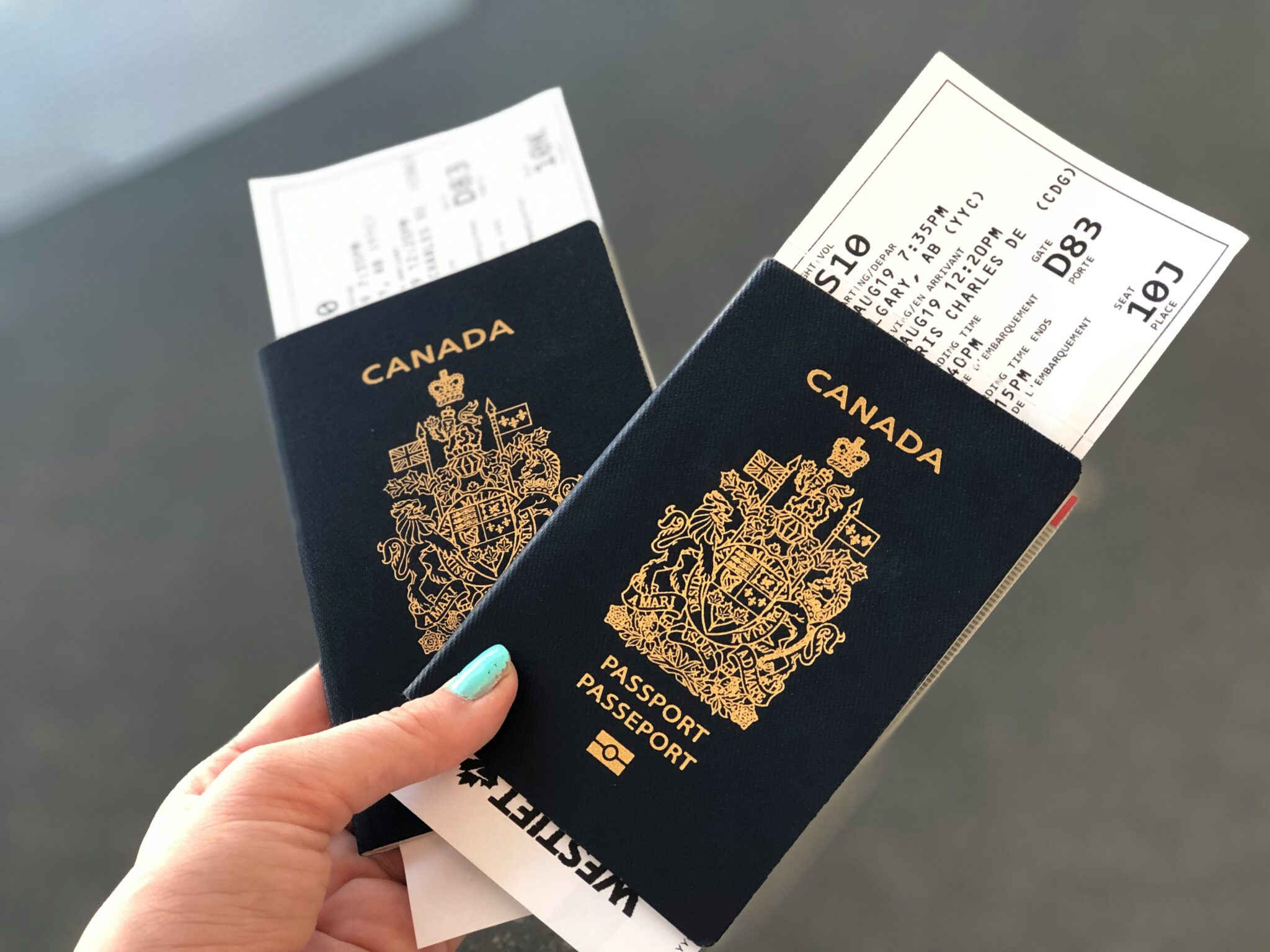What the On-Demand Economy Is Teaching Us About Hotel Bookings

Skift Take
Last week we released our latest report in the Skift Trends series, How the On-Demand Economy Is Reshaping the Travel Experience.
Below is an extract. Get the full report here to get ahead of this trend.
Regardless of technology, hotel guests can still book rooms in a roughly on-demand way by simply walking up to a property’s reservation desk, calling into the hotel or using a website offered by either the hotel or a third-party online ticketing agency or the like.
App developers are creating another option, however. The on-demand advantage? Last-minute room-booking.
In one example, targeting young and often affluent travelers — the core demographic being 25–39 years old — HotelTonight’s traveler is technologically savvy and not often inclined to book days, weeks, and months in advance.
“In terms of the mindset, we are reaching people who will get benefits out of their trip, or their stay, by planning less and then booking in the moment,” says Sam Shank, co-founder and CEO of HotelTonight, told Skift. “They’re expecting to get what they want, when they want it, at the push of a button. That’s a group that we appeal to, and that’s a group preferring experiences over things. On-demand services allow them to have those experiences without having to plan them. They can have them serendipitously.”
Conceptually, the last-minute nature of its inventory and price breaks allows travelers to respond to changes in their trip as they happen. A business traveler might find her meetings moved downtown, or an end-of-deal dinner could take her farther afield than planned. If a layover leaves a traveler in a city for half a day, the chance to nap and shower in a last-minute hotel room is a Hotel-Tonight kind of scenario.
While other developers, with apps such as Roomlia and Hitlist, are looking for a stake in the on-demand territory, Shank asserts that the same-day focus that is HotelTonight’s specialty — along with the attendant discount structure the company provides — put it at the head of the pack.
Recent analysis suggests there’s substance to that assertion: the app’s ability to pull in what HotelTonight calls “bonus rates” and “price drops”, as travelers’ locations put them close to hotels looking to unload extra inventory, is an advantage that competitors, even well-resourced ones such as Expedia, aren’t yet leveraging. 10
Shank’s vision extends beyond business travel. Weekend getaways and spontaneous trip segments are on his mind as well.
“Does Friday night in a location end up going later than they expected?” Shank says. “Did they get invited to a party? What’s the weather like? If Napa is rainy, it would be a bummer to be locked into a weekend getaway. To be able to make these decisions in real time really provides the benefit to the leisure travel and consumer.”
Even in the less in-the-moment scenario, however, on-demand functionality stands to change the way bookings work for the consumer. Analysts envision a near-future when the inventory becomes more visible to app-savvy travelers, allowing to have an experience “more like choosing a seat on Ticketmaster,” says Ezra Galston, senior associate at Chicago Ventures (investors in a number of on-demand companies), told Skift.
“They can go in, choose a room, and it’s equivalent to [on-demand apps allowing them to] choose a seat on a plane,” he says. “It seems definite to me that travel has been an industry that has been traditionally commoditized — within different levels of luxury — but has not been very transparent.”
The on-demand economy, in Galston’s evaluation, stands to make the guest’s experience of booking, thanks to technology, less opaque as the future unfolds.





